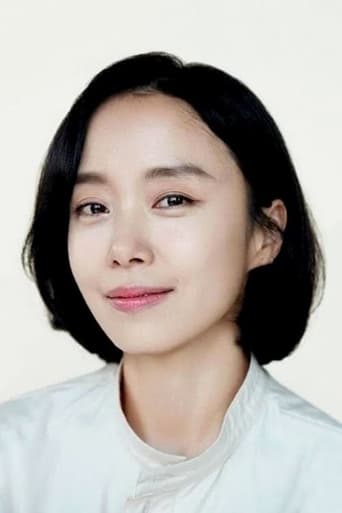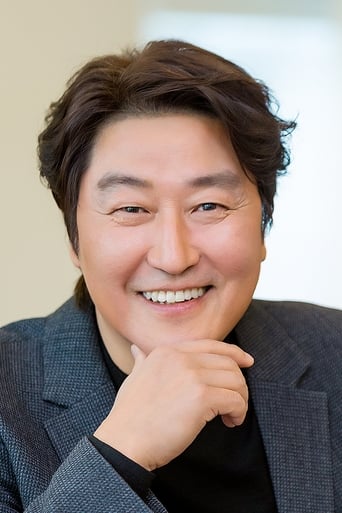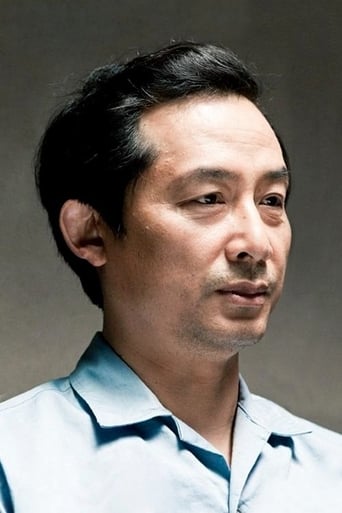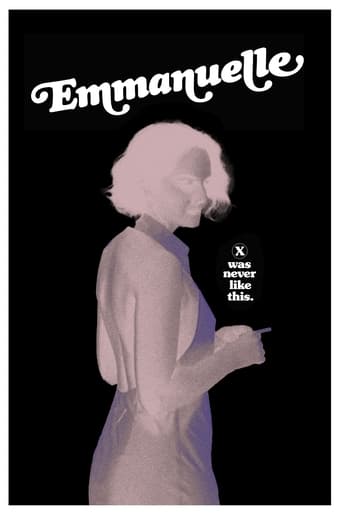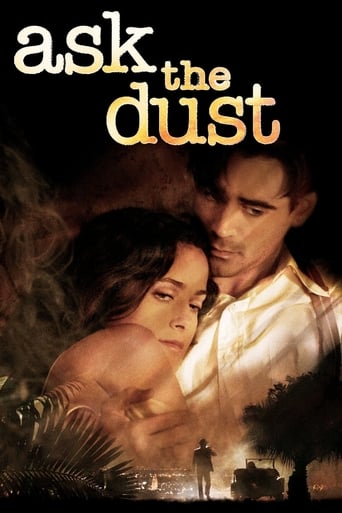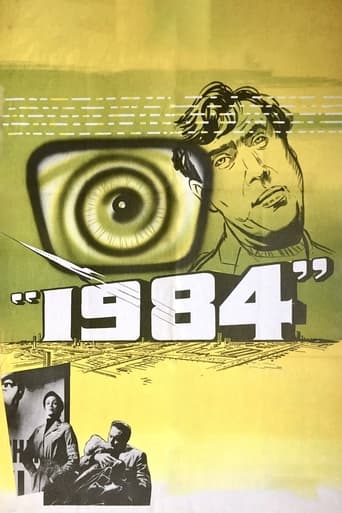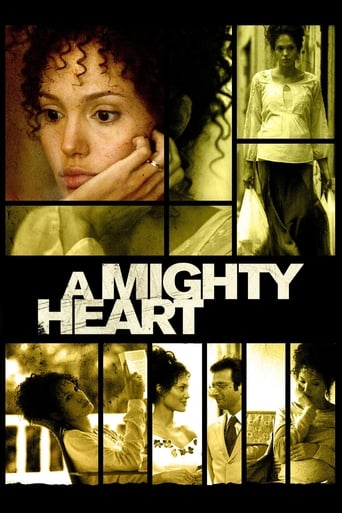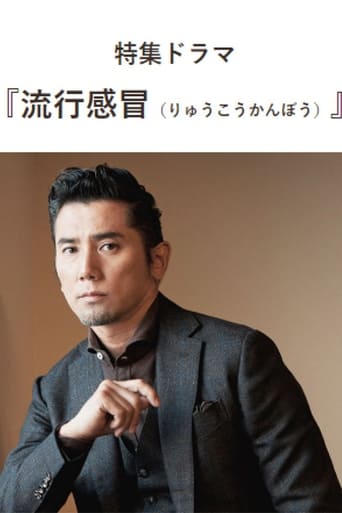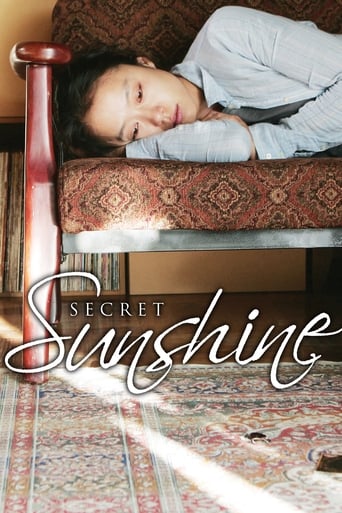
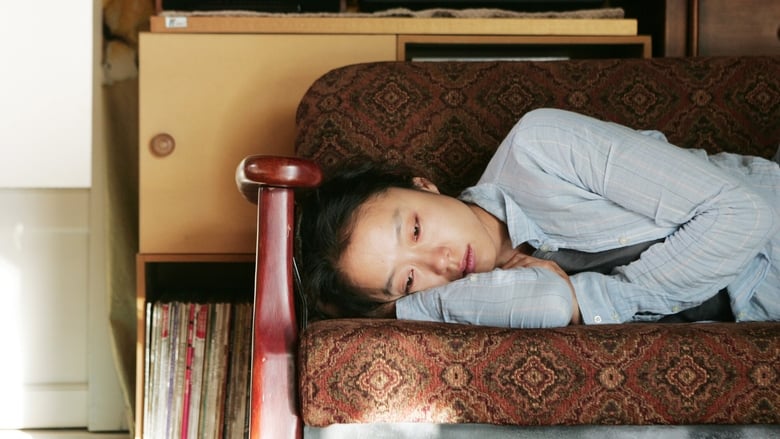
Secret Sunshine (2010)
Shin-ae moves to her recently late husband’s hometown. Despite her efforts to settle in this unfamiliar and too-normal place, she finds that she can’t fit in. After a sudden tragedy, Shin-ae turns to Christianity to relieve her pain, but when even this is not permitted, she wages a war against God.
Watch Trailer
Cast


Similar titles
Reviews
Secret Sunshine, a 2007 South Korean film, is above all else a tale of gaining and then losing faith. It revolves around a non-religious mother named Sin-ae whose son Jun is kidnapped, and then murdered when the kidnapper was dissatisfied with the ransom. Sin-ae, who already lost her husband, is in grief, until she takes comfort in Christianity and surprisingly achieves happiness. But when she visits the prison to forgive her son's killer, ("love your enemies") she is shaken to hear he has also turned to Christianity and believes God has already forgiven him.The movie doesn't appear to be anything special before the kidnapping. When Jun is kidnapped, I was surprised that when Sin-ae is on the phone with the kidnapper that the audience doesn't hear what he's saying. The movie starts getting more interesting as a tale of faith. I'd have to say I don't quite understand why after all she's been through she comes to think of God as a loving being. She'd have plenty of reason to doubt that. But I totally understand her frustration with her son's murderer being "forgiven" for his terrible crime, before she could have any say in the matter. Anger and frustration with God is, I think, a sympathetic subject, something that Ingmar Bergman explored to a degree, although his movies were less about anger than despair with the "silence of God." The movie doesn't seem to deny God's existence, and I'm not sure it really endorses Sin-ae's disillusionment, but it offers her perspective for consideration. For many, Secret Sunshine may be a hard film to take, but it shines a light on personal tragedy and a victim's relationship with God.
Undoubtedly, this movie has excellent acting performances by the actors. I do not undermine that.But if you are like me and do not like abrupt endings, such that the director wants you to interpret the endings or speculate them on your own: do NOT watch this movie. To me, its like being lost in space. Or being like cheated by a broker.Korean movies are good generally, but I can't believe I wasted around 2-3 hours for such an awful ending. Really nice if you want to see some good cinematography or acting. But the plot is terrible. I could write the whole plot in less than a two or three lines over here. But for those who would still like to watch, I do not want to spoil it.
Lee Chang-dong's exceptional "Secret Sunshine" is the single most emotionally ravaging experience of the year. It is an instantly sobering, brutally honest character piece on the reverberations of loss and a graceful memento mori that resonates with a striking density of thought, yet remains as inscrutable as the emotions it observes. Through its layered naturalism and stunningly trenchant view of small-town dynamics, Lee implicitly deconstructs the traditional Korean melodrama by pulling apart the cinematics of excess and ripping to shreds the arcs that shape its characters and grounds the proceedings into a crushing grind of stoic realism."Secret Sunshine" remains an immensely compelling, fluid work throughout its 142-minute runtime. Its bravura first hour is filled to the brim with subtextual insinuations, remarkable foreshadowing and adroit reversals of tone brought about by humanistic capriciousness. Adapted from a short story, Lee infuses the film with his sensitivity for the sublime paradoxes of life, last seen in his transgressively comic and irreverent "Oasis". Understanding how personal revolutions are forged when views of our universe are changed, Lee not only sees the emotional cataclysm of a widow's sorrow through an inquiring scope but also feels the tumultuous existential currents that underpin the film when religion becomes a narrative scapegoat in comprehending the heinousness of the human experience.Do-yeon Jeon's ("You Are My Sunshine") Best Actress accolade at Cannes in 2007 is well deserved. Her performance as the widow Shin-ae remains an unrelenting enigma. As a character pulled apart by forces beyond her control, the sheer magnificence of this performance is central to the film's turbulent nature. With Jeon essaying one cyclonic upheaval after another, there's a tremulous sense of collapse that the film, to its credit, never approaches. Instead it finds a delicate balance that saps the charged theatricality and subsequent banality from ordinary tragedies and its fallouts. She becomes the centre of the film's universe as well as ours. Filmed in glorious hand-held CinemaScope, the film demolishes the cinematicism of frames and compositions by becoming visually acute just as it is quietly harrowing when the camera never relinquishes its gaze from Shin-ae through times of happiness, guilt and remorse.Lee captures the details of life in the small, suspicious town of Miryang the awkwardness of communal situations, its uncomfortable silences and its devastations spun out of personal dramas. Shin-ae's interactions with the townsfolk rarely inspires dividends, especially when they are merely done out of obligation to fit in for the sake of her son, Jun (Seon Jung-yeop). The one recurring acquaintance is Jong-chan (Song Kang-ho), a bachelor mechanic of uncertain intentions who helps her en route to Miryang in the film's enchanting open sequence set to a captivating stream of sunlight. Song has situated himself as a comedic anti-hero in South Korea's biggest films but his nuanced, low-key delivery here purports the director's thought process of never having to reveal more than plainly necessary.If pain is ephemeral, then grief can never truly dissipate. And Lee finds complexity in subsistence. When Shin-ae attempts to head down the path of reconciliation only to be faced again with unimaginable heartbreak, she unsuccessfully employs the fellowship of evangelical Christianity as a foil to her sorrow. But Lee knows better than that when he understands that religion, in the context of the human canvas of strife and misery, is never a simple solution. But Lee never rebukes the essence of religion as he realises the value of salvation for some through a higher power even if it serves a form of denial in others. The scenes in its latter half which deal with religion doesn't allow itself to become aggressively scornful, which is a feat in itself considering how many filmmakers let the momentum of the material take over from what they need to say to be true to its story and characters.Lee's first film since his call to office as his country's Minister of Culture and Tourism is an uncompromising dissertation on human suffering. In a film so artless and genuine, it arduously reveals that there's nothing as simple as emotional catharsis, just the suppression and abatement of agony. "Secret Sunshine" leaves us with tender mercies pulled out of evanescence, and points towards a profound understanding of despair and faith.
Corean cinema can be quite surprising for an occidental audience, because of the multiplicity of the tones and genres you can find in the same movie. In a Coreen drama such as this "Secret Sunshine", you'll also find some comical parts, thriller scenes and romantic times. "There's not only tragedy in life, there's also tragic-comedy" says at one point of the movie the character interpreted by Song Kang-ho, summing up the mixture of the picture. But don't get me wrong, this heterogeneity of the genres the movie deals with, adds veracity to the experience this rich movie offers to its spectators. That doesn't mean that it lacks unity : on the contrary, it's rare to see such a dense and profound portrait of a woman in pain.Shin-ae, who's in quest for a quiet life with her son in the native town of her late husband, really gives, by all the different faces of suffering she's going through, unity to this movie. It's realistic part is erased by the psychological descriptions of all the phases the poor mother is going through. Denial, lost, anger, faith, pert of reality : the movie fallows all the steps the character crosses, and looks like a psychological catalog of all the suffering phases a woman can experience.The only thing is to accept what may look like a conceptual experience (the woman wears the mask of tragedy, the man represents the comical interludes) and to let the artifices of the movie touch you. I must say that some parts of the movie really did move me (especialy in the beginning), particularly those concerning the unability of Chang Joan to truly help the one he loves, but also that the accumulation of suffering emotionally tired me towards the end. Nevertheless, some cinematographic ideas are really breathtaking and surprising (the scene where a body is discovered in a large shot is for instance amazing). This kind of scenes makes "Secret Sunshine" the melo equivalent of "The Host" for horror movies or "Memories of murder" for thrillers. These movies are indeed surprising, most original, aesthetically incredible, and manage to give another dimension to the genres they deal with. The only thing that "Secret Sunshine" forgets, as "The host" forgot to be scary, is to make its audience cry : bad point for a melodrama, but good point for a good film.


